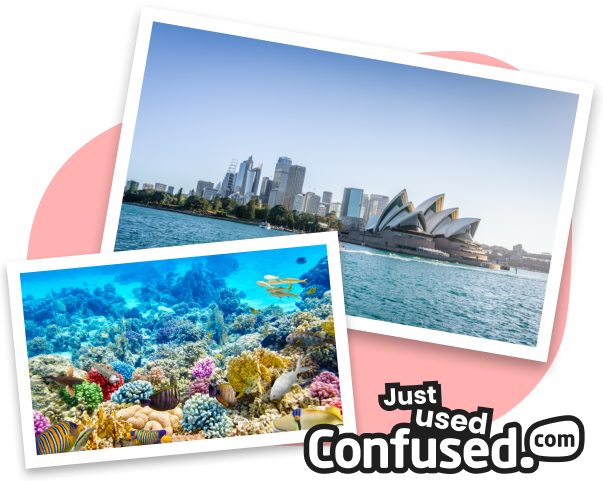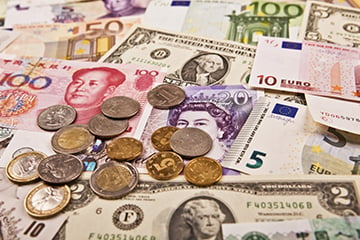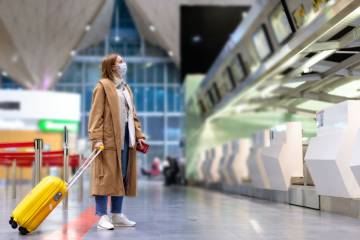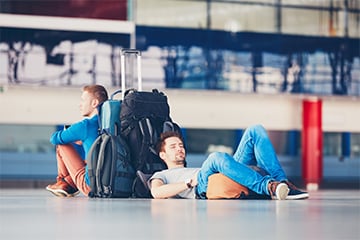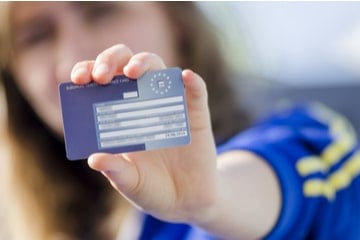If the Foreign, Commonwealth and Development Office (FCDO) warns against travelling to Australia, and you go anyway, you won't be covered.
Incidents involving drugs and alcohol
Issues that arise while you're intoxicated won't normally be covered by your insurer.
Known events
Events that were known about before you travelled to Australia wouldn't be covered, eg natural disasters that had already occurred.
Extreme sports or activities
Standard travel insurance policies won't normally cover high risk activities. You'll need an add-on called adventure travel insurance to cover you for these.
Changing your mind
Cancelling your holiday because you've changed your mind about it won't count as a valid reason for requesting compensation.
